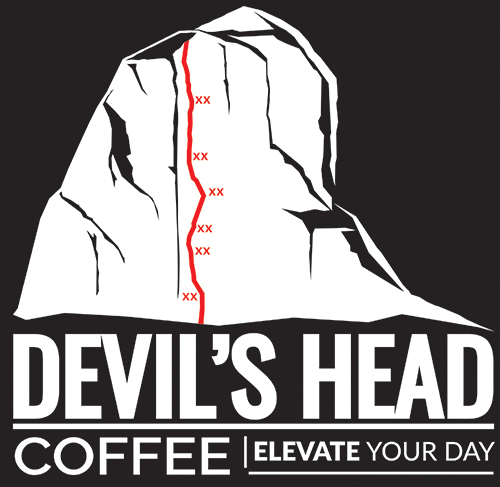You’ve probably seen or heard it – #deathbeforedecaf. Maybe someone chuckled and said, “That’s not real coffee,” or dismissed decaf altogether. But if you’re looking for the best decaf coffee in Calgary, it’s time to reframe the conversation.
Yes, decaf used to be bitter, bland, and a bit of a joke. But not anymore. There are now beautifully roasted decafs out there (including our own), and they deserve more love. So why does decaf still have a bad rep?
Decaf and ‘Hustle’ Culture
Let’s face it the coffee and hustle culture go hand-in-hand. Many people don’t drink coffee just for the flavor. It’s about staying sharp, powering through the afternoon slump, and getting things done.
Social media hasn’t helped either. Inspirational quotes about coffee = success are everywhere. And when I started drinking coffee in university, I didn’t even like it. It just felt necessary, like fuel to survive the grind.
In that environment, decaf coffee doesn’t stand a chance. No caffeine? No purpose. Right?
But what if coffee isn’t just about staying wired?
The Art of Coffee Without Caffeine
In 2015, Swiss Water (the company who took over the Swiss Water process of decaffeinating coffee) opened up a caffeine-free café called ‘The Art of Coffee Without Caffeine’. Only a few articles in while researching the café and the backlash is pretty obvious, however, not totally unsuccessful after the pop-up closed. There was a small surge of interest in this chemical-free process that provided another option.
Swiss Water now supplies companies like Decadent Decaf Coffee Co., which focuses solely on high-quality, chemical-free decaf. It’s a sign great decaf coffee is becoming legit.
How Decaf Coffee is Made and Why it Matters
Is decaf really caffeine-free? Not quite, but close. Most decaf coffee has about 3–6 mg of caffeine per 6 oz cup, compared to 75–130 mg in regular coffee. It’s a big difference, especially if you’re sensitive to caffeine or just want to wind down.
Part of decaf’s bad reputation comes from early methods that used chemicals (some similar to paint thinner, gross!). Not only did these strip flavor, but they also left behind chemical residue. Thankfully, the best decaf coffees in Calgary (and beyond) no longer use these.
The Two Best Decaf Methods Used Today
Carbon Dioxide Process
Let’s nerd out for a second. This method uses compressed CO₂ to bind with caffeine molecules after a hot soak opens up the beans’ pores. It removes caffeine while leaving flavor behind. Cool part? The CO₂ and caffeine can be reused elsewhere like for soda! If you want to read into the process and much more, check out Craft Coffee: A Manual by Jessica Easto.
- The Upside: Preserves full flavor
- The Downside: Expensive and very rarely used non-commercially which brings us to the most popularly seen method…
Swiss Water Process
Designed solely to avoid the use of chemicals (yay health!) this method uses solubility and osmosis. Similarly to the previous method, another hot soak is in order for the green coffee, a long one. Long enough to start brewing actually, which draws out flavours, oils, and caffeine. A specific filter is used to strain after this process that is designed to catch the caffeine molecules. So you end up with flavour-less caffeine free beans and a bunch of flavoured caffeine free water. Time for some osmosis.
The beans without flavour are discarded and new beans are introduced to the green coffee extract (aka the flavour water). A little deja-vu as the caffeine from the new beans are pulled while the flavour from the water and the new beans remain balanced and extract that odd factor out; in this case that factor being caffeine.
- The Upside: Big flavor. No chemicals.
- The Downside: Slightly more expensive but worth every sip
Why You Should Give Decaf a Shot (or a Cup)
We get it, decaf has a reputation to shake. But today’s specialty decaf is delicious, well-crafted, and nothing like the diner coffee of decades past.
Whether you’re cutting back on caffeine or just want a delicious late-night cup, the best decaf coffee in Calgary is right here. Try ours and taste how far decaf has come.
Connect
Instagram: @devils_head_coffee
Facebook: @Devil’s Head Coffee
Email: [email protected]
